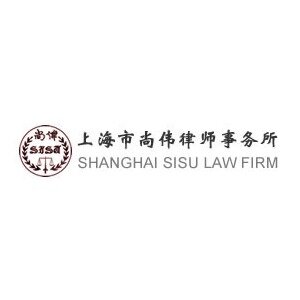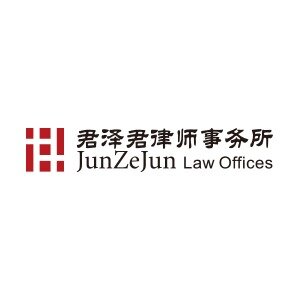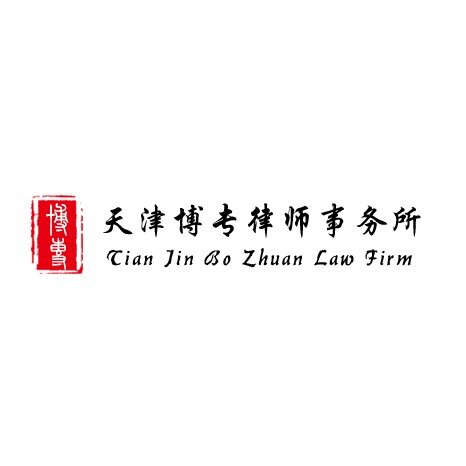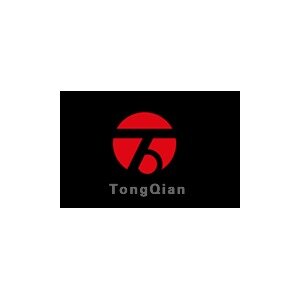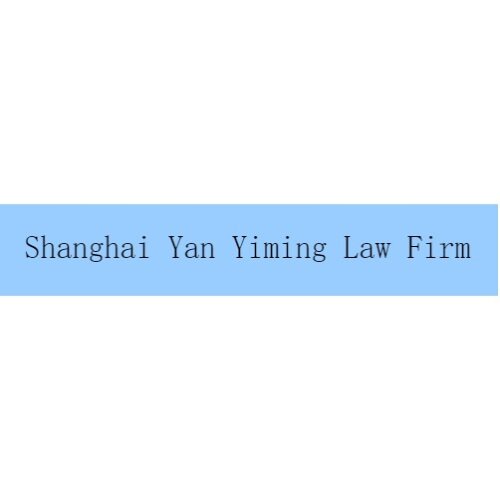Best Water Law Lawyers in China
Share your needs with us, get contacted by law firms.
Free. Takes 2 min.
Or refine your search by selecting a city:
List of the best lawyers in China
About Water Law in China
Water Law in China refers to the system of rules, regulations, and policies governing the use, allocation, protection, and management of water resources within the country. China faces significant water challenges due to its vast population, uneven water distribution, rapid industrialization, and environmental pressures. The main legal framework guiding water management is the Water Law of the People's Republic of China, first enacted in 1988 and significantly revised in later years. This body of law covers surface water, groundwater, water pollution, water rights, conservation, flood control, and the obligations of water users and managers. The government has established strict regulatory controls and promotes sustainable water use to balance economic development and environmental protection.
Why You May Need a Lawyer
People and organizations often require legal assistance in Water Law due to the complex and evolving nature of China's regulations. Common situations where legal help is needed include:
- Securing water use permits for industrial, agricultural, or personal use
- Resolving disputes over water rights between individuals, companies, or local authorities
- Addressing violations of water pollution laws and defending against administrative penalties
- Complying with environmental impact assessments for new projects affecting water resources
- Understanding local and national water quotas and restrictions on water consumption
- Navigating cross-border or inter-provincial water resource issues
- Responding to government enforcement actions or lawsuits related to water usage
Given the strictness of Chinese water regulations and the possibility of significant legal or financial consequences, consulting a specialist lawyer provides crucial guidance and peace of mind.
Local Laws Overview
Water Law in China operates under a combination of national legislation, local regulations, and technical standards. Key aspects include:
- Water Permits and Rights: Water usage for industries, large-scale agriculture, or construction requires government permits, with allocations based on quotas and availability.
- Pollution Controls: Discharging pollutants into water bodies is strictly regulated. Permits and treatment standards are enforced under both Water Law and the Environmental Protection Law.
- Water Conservation: The law encourages efficient use and holds water users accountable for preventing waste and promoting conservation, particularly in areas prone to scarcity.
- Flood Management: Flood prevention and management are key responsibilities for local governments, with obligations on affected entities and landowners to comply with measures.
- Integration with Environmental Law: Water Law works alongside broader environmental and ecological protection laws, requiring coordination on projects like dams, reservoirs, or river diversions.
- Public Participation: Recent reforms have increased transparency and encouraged public reporting of violations, but access to legal remedy can still be complex.
- Penalties for Violations: Unauthorized use, excessive withdrawal, or illegal pollution can draw administrative fines, suspension of activities, remediation requirements, and even criminal charges in severe cases.
Frequently Asked Questions
What does the Chinese Water Law cover?
Water Law in China covers the management, protection, development, use, and supervision of surface and groundwater resources, including allocation rights, permitting, conservation requirements, pollution control, and emergency response.
Who must apply for a water use permit in China?
Major users such as factories, farms, power plants, and water supply companies are generally required to obtain water use permits. Small-scale private use, such as household wells, may be exempt under certain conditions, but local regulations should be checked.
What are the consequences of illegal water use or pollution?
Consequences can include administrative fines, suspension or closure of a facility, court-ordered remediation, and, for the most severe cases, criminal prosecution.
How do water rights work in China?
Water resources are owned by the state. Rights to use water are granted through licensing and permitting, specifying the quantity, source, and purpose of use, and cannot be freely transferred or sold.
What is the role of local governments?
Local governments are responsible for implementing water management and enforcing regulations within their jurisdictions, including monitoring use, issuing permits, policing pollution, and managing emergencies such as floods.
How does Water Law affect property development?
Property developers must comply with water allocation plans, consumption quotas, and environmental impact assessments. Projects affecting water bodies must obtain approvals and meet strict standards for wastewater management.
Who can resolve water disputes?
Disputes over water rights or pollution can be resolved first by administrative negotiation with local authorities. If unresolved, parties may appeal to courts or resort to mediation and arbitration.
Can citizens report water law violations?
Yes, citizens and organizations can report suspected violations to local water resources bureaus or environmental authorities. Whistleblower protections and rewards may apply in some cases.
How are flood risks managed under Chinese Water Law?
Flood risks are managed through integrated planning, construction of flood defenses, emergency preparedness systems, and coordination between various levels of government, as mandated by Water Law and related regulations.
Is there a difference between national and local water regulations?
Yes, while the national Water Law sets broad principles, local governments may enforce additional rules or stricter standards based on local conditions and water scarcity challenges.
Additional Resources
Those seeking more information or assistance with Water Law issues in China can consult the following resources:
- Ministry of Water Resources of the People's Republic of China - The central agency responsible for all aspects of water management.
- Local Water Resources Bureaus - Provincial, prefecture, and county-level offices provide permits, enforcement, and informational services.
- Ministry of Ecology and Environment - Oversees water pollution prevention and ecological protection efforts.
- Legal Aid Centers - Offer support to individuals or organizations facing legal challenges in environmental and water law.
- Bar Associations and environmental NGOs - Can recommend law firms or lawyers with expertise in water and environmental law.
Next Steps
If you believe you need assistance with a Water Law issue in China, start by clearly documenting your situation, including any permits, correspondence, or official notices you may have received. Contact your local Water Resources Bureau or environmental authority to understand applicable regulations and confirm legal requirements. For complex, high-value, or contentious matters, it is strongly advisable to seek guidance from a licensed Chinese lawyer or law firm specializing in Water Law or environmental law. You may also consider reaching out to legal aid organizations or professional referrals available through bar associations. Early legal advice can help you navigate administrative processes, avoid penalties, and resolve disputes effectively.
Lawzana helps you find the best lawyers and law firms in China through a curated and pre-screened list of qualified legal professionals. Our platform offers rankings and detailed profiles of attorneys and law firms, allowing you to compare based on practice areas, including Water Law, experience, and client feedback.
Each profile includes a description of the firm's areas of practice, client reviews, team members and partners, year of establishment, spoken languages, office locations, contact information, social media presence, and any published articles or resources. Most firms on our platform speak English and are experienced in both local and international legal matters.
Get a quote from top-rated law firms in China — quickly, securely, and without unnecessary hassle.
Disclaimer:
The information provided on this page is for general informational purposes only and does not constitute legal advice. While we strive to ensure the accuracy and relevance of the content, legal information may change over time, and interpretations of the law can vary. You should always consult with a qualified legal professional for advice specific to your situation.
We disclaim all liability for actions taken or not taken based on the content of this page. If you believe any information is incorrect or outdated, please contact us, and we will review and update it where appropriate.
Browse water law law firms by city in China
Refine your search by selecting a city.



